Height weight or age. Many things including time of day.
Descriptive Stats For One Numeric Variable Explore Spss Tutorials Libguides At Kent State University
This includes rankings eg.
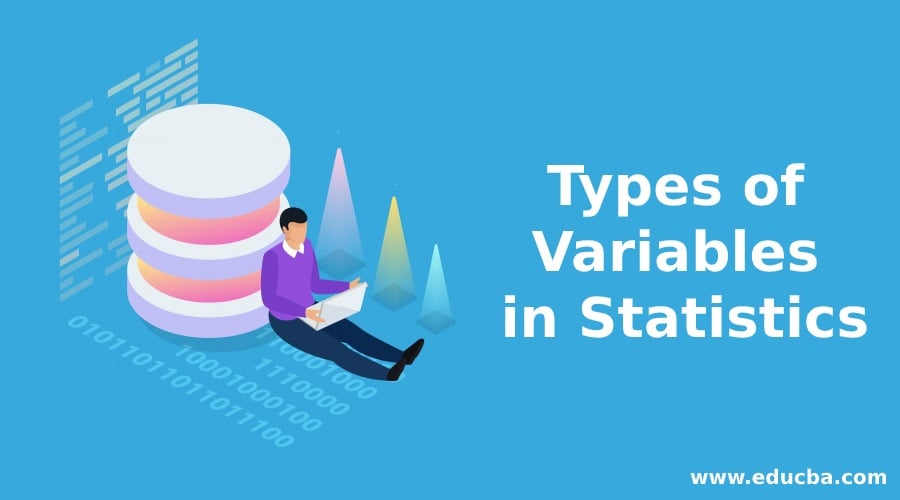
Factor variable statistics. You can prefix a variable with i. A factor is a qualitative MachineStatistical Learning - PredictorFeatureRegressorCharacteristic - IndependentExplanatory Variable X. Take for example a variable like leadership.
Each factor has two or more levels ie different values of the factor. It is a binary variable that takes the value 1 if the value of gender is female and 0 if the value of gender is not female. When lm encounters a factor variable with two levels it creates a new variable based on the second level.
These factor variables have levels which are the same thing as categories a factor variable does not have factors it has categories. If a factor variable is specified those groups will appear within each boxplot. In analysis of variance a factor is a categorical discrete independent variable as opposed to a covariate which is continuous.
Such variables are often refered to as categorical variables. In factor analysis a factor is one of a number of constructed variables that is hypothesized to underly and determine a given set of raw variables. A variable is an essential component of any statistical data.
Factor variables are a special case of character variables in the sense that it also contains text. In an experiment the factor also called an independent variable is an explanatory variable manipulated by the experimenter. For example it is possible that variations in six observed variables mainly reflect the variations in two unobserved underlying variables.
If a factor variable. However it can also be necessary to control for variables within an experimental framework namely when there is another known factor that also affects that dependent variable. We may want to measure a persons or an organizations leadership style but this is the kind of construct that would be impossible to measure using a single variable.
Finishing places in a race classifications eg. In our example the second level is female and genderfemale is created. Categorical variables are any variables where the data represent groups.
A special and important subset of categorical variables is binary yes-no variables also called. Each factor has two or more Statistics - LevelLabel ie different values of the factor. Since categorical variables enter into statistical models differently than continuous variables storing data as factors.
Variables either are the primary quantities of. However factor variables are used when there are a limited number of unique character strings. You can put a between two variables to create an interactionindicators for each combination of the categories of the variables.
To enhance statistical power and can then be a good idea to control for this variable. You can put instead to specify a full. Factors can be a categorical variable or based on a continuous variable but only use a limited number of values.
Dependents together will put the boxplots of each continuous variable on the same graph. FA assumes a statistical model that describes covariation in observed variables via linear combinations of latent variables PCA finds uncorrelated linear combinations of observed variables that explain maximal variance no latent variables here FA refers to a statistical. It often represents a categorical variable.
A confounding variable in statistics is something that potentially affects the outcome of an experiment or study but is not accounted for in the study itself. Factor analysis attempts to identify underlying variables or factors that explain the pattern of correlations within a set of observed variablesFactor analysis is often used in data reduction to identify a small number of factors that explain most of the variance that is observed in a much larger number of manifest variables. For instance the gender will usually take on only two values female or male and will be considered as a factor variable whereas the name will generally.
Combinations of factor levels are called Statistics - Treatments Combination of factor level. Factor levels together will create separate graphs for each continuous variable. Factor analysis is a class of procedures that allow the researcher to observe a group of variables that tend to be correlated to each other and identify the underlying dimensions that explain these correlations.
What is a factor variable in statistics. Conceptually factors are variables in R which take on a limited number of different values. In other words it is a class of procedures that are primarily used for data reduction and data summarization.
Quantitative variables are any variables where the data represent amounts eg. In factor analysis a factor is an latent unmeasured variable that expresses itself through its relationship with other measured variables. Factors are the variables that experimenters control during an experiment in order to determine their effect on the response variable.
It is a feature of a member of a given sample or population which is unique and can differ in quantity or quantity from another member of the same sample or population. Factor analysis is a statistical method used to describe variability among observed correlated variables in terms of a potentially lower number of unobserved variables called factors. For example a basic desire of obtaining a certain social level might explain most consumption behavior.
Stata handles factor categorical variables elegantly. Factor Analysis is a method for modeling observed variables and their covariance structure in terms of a smaller number of underlying unobservable latent factors The factors typically are viewed as broad concepts or ideas that may describe an observed phenomenon. One of the most important uses of factors is in statistical modeling.
To specify indicators for each level category of the variable. The options in the Boxplots area are only relevant if you have specified more than one continuous variable or if you have specified a factor variable. In statistical programming languages like R factor acts as an adjective used synonymously with categorical a factor variable is the same thing as a categorical variable.
A factor can take on only a small number of values which are known as factor levels.

Intro To Factor Analysis In Python With Sklearn Tutorial Datacamp
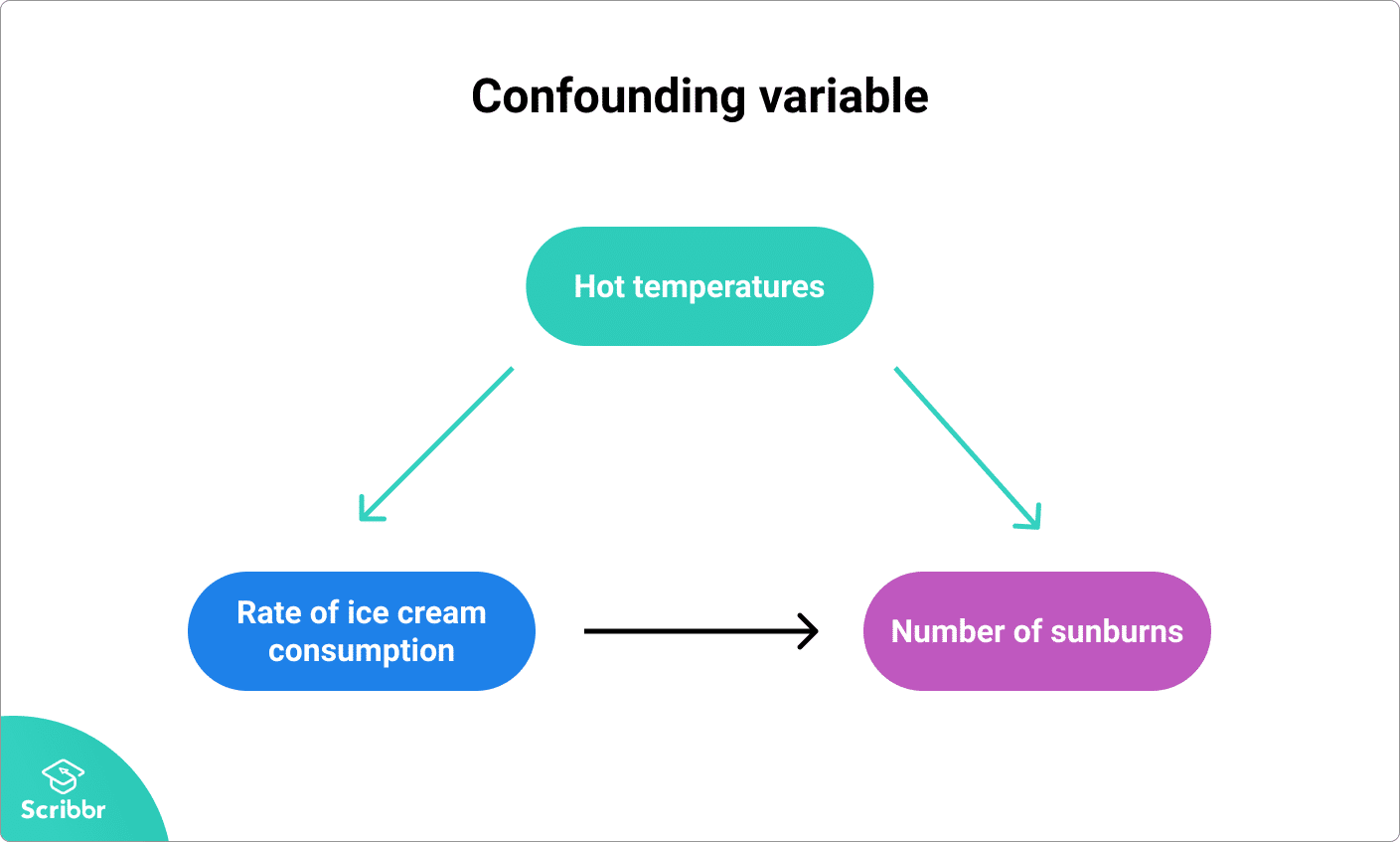
Confounding Variables Definition Examples And Controls

Descriptive Stats For One Numeric Variable Explore Spss Tutorials Libguides At Kent State University
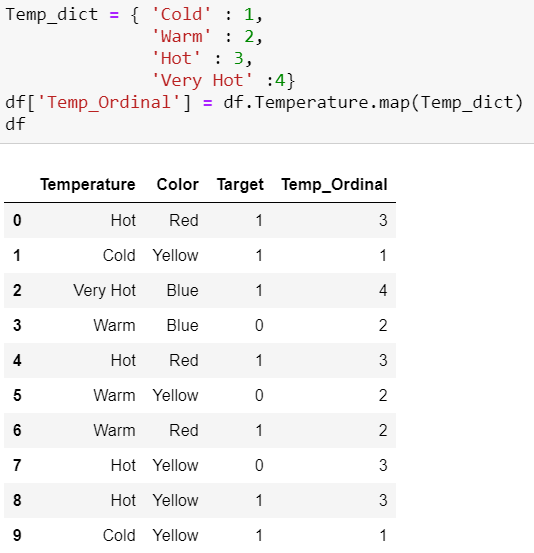
All About Categorical Variable Encoding By Baijayanta Roy Towards Data Science
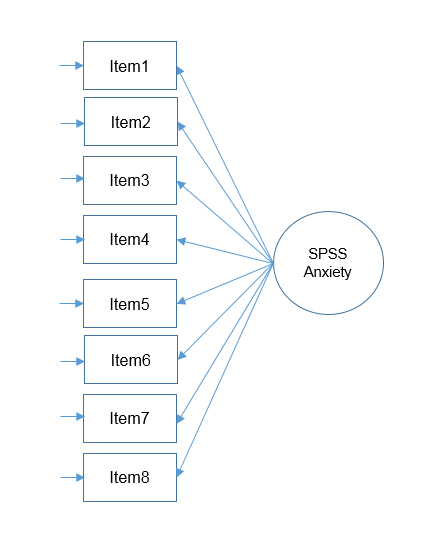
A Practical Introduction To Factor Analysis Exploratory Factor Analysis

Types Of Variables In Statistics 4 Different Types Of Variables In Statistics

Descriptive Stats For One Numeric Variable Explore Spss Tutorials Libguides At Kent State University

What Is A Correlation Matrix Displayr
Categorical Data Definition Examples Variables Analysis

Categorical Vs Quantitative Data Concepts In Statistics
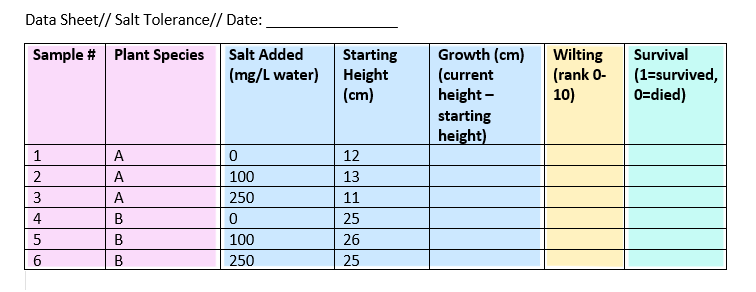
Types Of Variables Definitions And Easy Examples
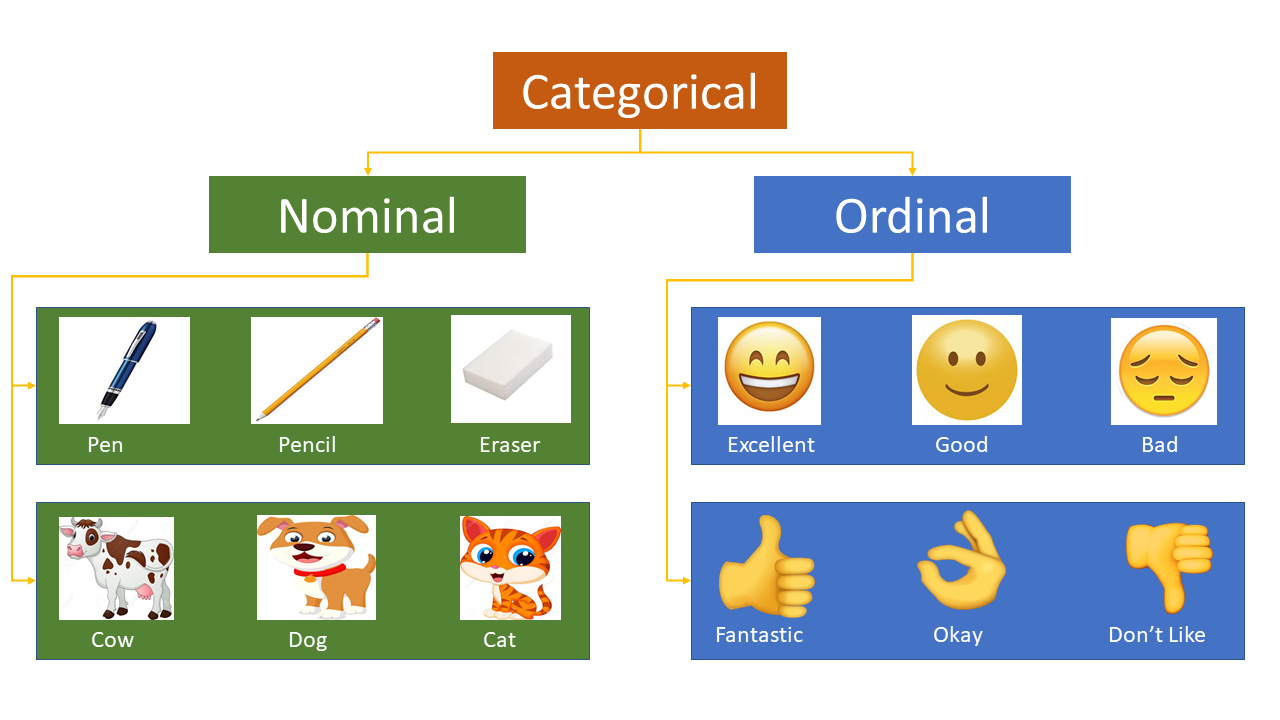
All About Categorical Variable Encoding By Baijayanta Roy Towards Data Science

Categorical Data An Overview Sciencedirect Topics
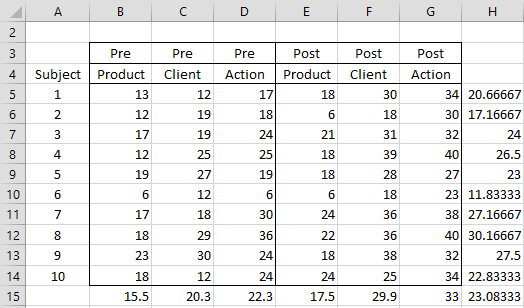
Two Within Subjects Factors Real Statistics Using Excel
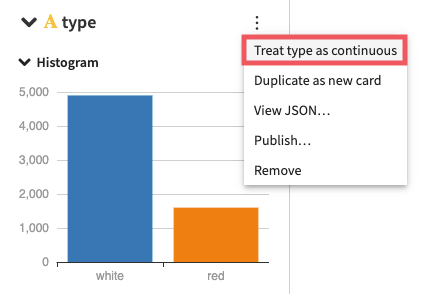
Concept Categorical And Numerical Variables Dataiku Knowledge Base


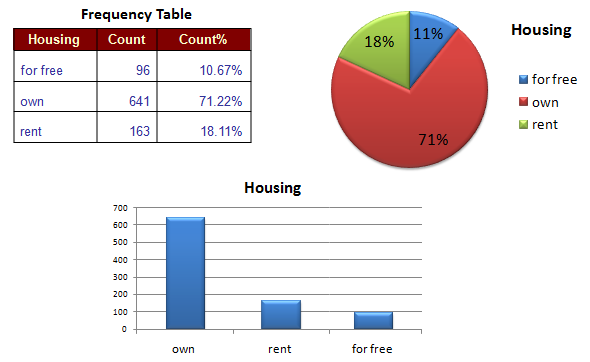


Posting Komentar